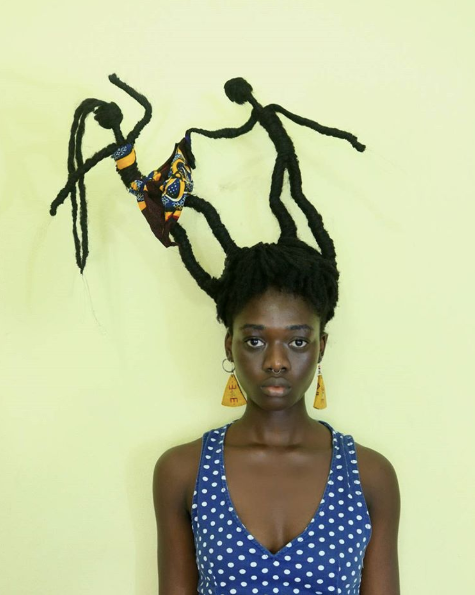What started out as a tweet by actress Alyssa Milano in response to the Harvey Weinstein allegations, has now turned into a widespread international movement renouncing sexual harassment. Launched by civil rights activist Tarana Burke– who coined the term #Metoo back in 2006 and is a survivor of sexual assault herself- the movement has brought attention to the dire issue of sexual assault faced by women in the workplace. Countless celebrities have since come forward with their stories of sexual abuse in an effort to finally put accountability on perpetrators- perpetrators who are usually in high positions of power and use their credibility to silence victims from speaking out.
If you’ve been sexually harassed or assaulted write ‘me too’ as a reply to this tweet. pic.twitter.com/k2oeCiUf9n
— Alyssa Milano (@Alyssa_Milano) October 15, 2017
But although the movement initially focused on the sexual harassment encountered by adult women in the workplace, it has since moved onto an even more disturbing epidemic affecting both young girls and women in educational institutions. While the issue sexual assault in educational institutions has remained prevalent across college campuses in the U.S., girls in schools across many African countries are also suffering from the epidemic.
Most recently, Nigerian college student Monica Osagle made headlines this week when she came forward with her account of sexual harassment at the hands of her own professor. According to CNN, “When Monica Osagie got low marks in a course for her master’s degree, she says the professor gave her two options: Sleep with him, or fail the class.” In a recording of the encounter with the professor that has since been leaked on social media, he can be heard urging Osagle to give in and have sex with him five times in exchange for better grades.
Osagle’s story is not uncommon at all. In one entire district in Uganda, 31% of girls and 15% of boys reported sexual abuse at the hands of their school teachers. In South Africa, sexual abuse in schools has become an epidemic, with the Human Rights Watch having published a 138 page report solely on sexual assault occurring in schools. It is a dire crisis that women across the continent are speaking out.
One woman in particular has caught the attention of the international media with her artwork. Laetitia Ky hails from Cote D’Ivoire and has been using her hair as an artistic platform to draw attention to some of the most pressing social justice issues. On her Instagram page, she shares images of her hair depicting everything from the gun violence epidemic to the Me Too movement.
https://www.instagram.com/p/Bae67dGnMp3/?taken-by=laetitiaky
https://www.instagram.com/p/BeEiChLFvF-/?taken-by=laetitiaky
In this particular photo addressing #MeToo, Ky writes, “NOTHING JUSTIFIES RAPE, SEXUAL ASSAULT OR HARASSMENT… Speak out because you don’t have to carry this burden alone, talk to help other women who are afraid, talk to start a revolution, talk to change things.”
As with any woman who speaks out against sexual assault, both Laetitia Ky and Monica Osagle are risking their safety and privacy to draw attention to the epidemic. Osagle has since received both online and physical harassment for sharing her story. “A guy came up to me at the bank and said, ‘Is this not the girl who harassed a lecturer?’ and he called me a prostitute.” she told CNN. “The security guard then had to push me away to go withdraw my money inside the bank,”
But Osagle is not letting the abuse deter her efforts to end sexual assault in the workplace and schools. “I am actually happy I came out,” she continued. “I am helping many ladies that have gone through the same thing I have gone through, and most of them can’t talk about it. They are scared of coming out in public. But I know it happens everywhere, not just in Nigeria. For me, speaking up will bring more women to speak and eradicate what is happening around young women and older men,”
And as we’ve seen with these two women, there are so many forms of resistance that survivors are taking to fight back against their abusers despite the backlash they know they will receive. Whether that be in the form of art, or whether it be just the fact that they are sharing their stories, these African women have proven that they will not be silenced, and that accountability will be taken.


